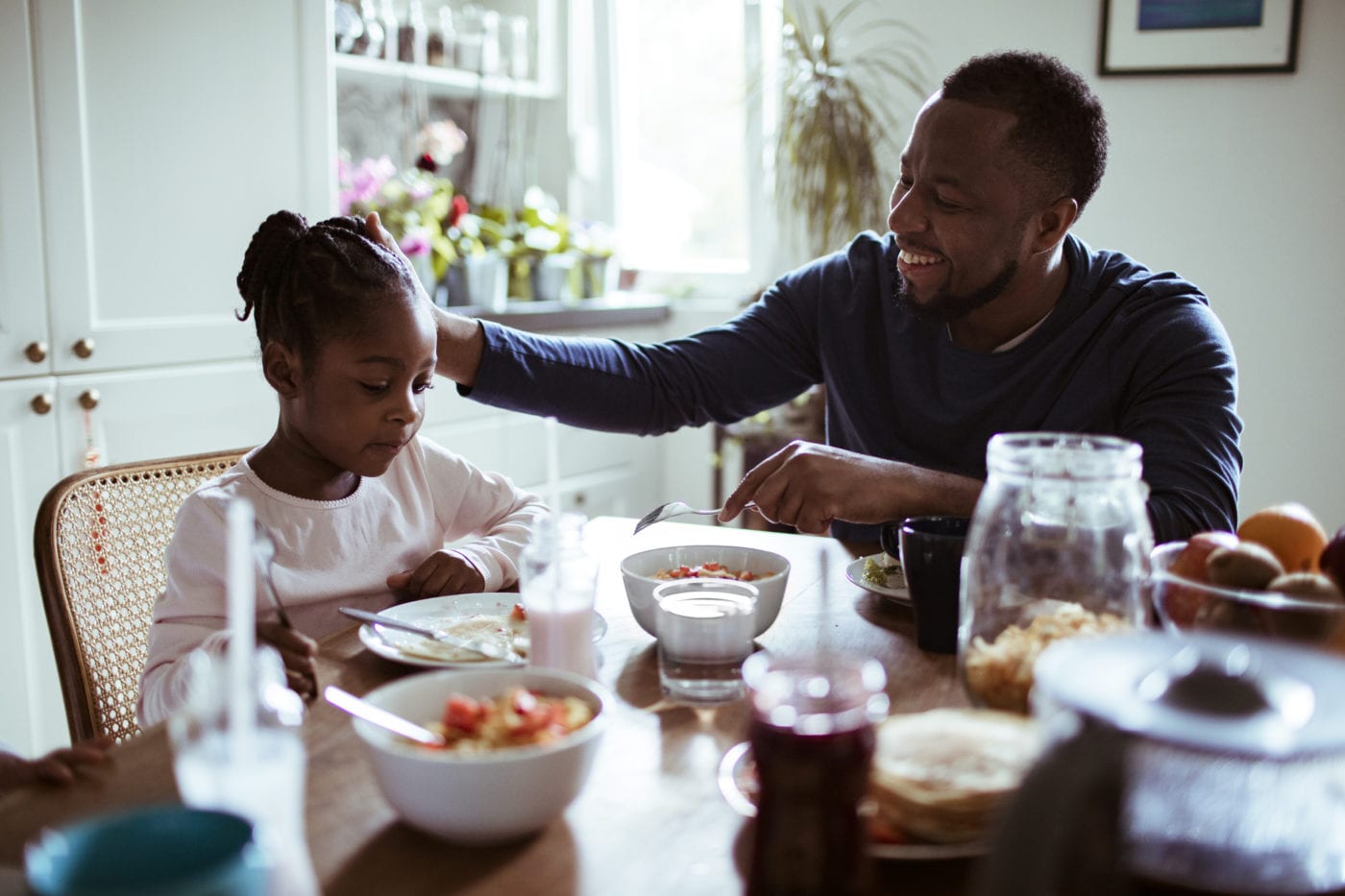When I’m one-on-one with each of my kids, I have what’s become a running joke with them. If I’m enjoying coffee with my oldest daughter, I’ll say, “You’re my favorite.” As I say goodnight to my middle daughter, I might whisper, “You know you’re my favorite.” Then, when I’m relaxing on the sofa with my son and he says something silly, I might laugh and say, “See, that’s why you’re my favorite.”
It’s cute and is always good for a loving eye roll and a grin. But it wouldn’t be cute if it were true. We may not mean to communicate that we have a favorite child, but we might be doing just that in subtle ways. Here are 3 ways you tell your kids you love one more than the other.
1. You don’t value their unique gifts.
I have three kids. One daughter is into art and graphics. My other daughter loves music and singing. My son enjoys flipping on the furniture. As their dad, I can’t love the sofa flipper more than the singer just because I personally enjoy seeing sofa flips more than singing. All your kids deserve to grow up knowing they’re valued. It’s not about how you value each kid, but more about how you communicate that you value their gifts. One of the ways I show my kids that I value their gifts is by setting aside one-on-one time. It gives me the opportunity to encourage them. If your kid loves baseball, learn the game of baseball, take him to a live game, and talk about his positional strengths. You can use that time to pour encouragement, insight, and love into that one kid.
2. You compliment one all the time.
John Maxwell says, “Never forget that everyone needs encouragement. And everyone who receives it—young or old, successful or unsuccessful, unknown or famous—is changed by it.” Maybe your son is a musical prodigy, and you happen to love music, so you’re extra pumped about his upcoming recital and you tell everybody about it. But what about your kid who plays basketball? Are you equally excited to tell people about his next game? Work hard to shine light on each kid when you can.
3. You’re closer to one kid.
Gifting, talent, same likes or dislikes, even the age of your kids can play into showing favoritism. Maybe one kid is older, so you have more shared experiences or can carry on better conversations. Be careful you aren’t closer to one kid just because of these things. My oldest child has fallen in love with track and field. I can’t tell you anything about running. My other daughter loves basketball. I happen to like basketball. Should I only take my basketball-loving daughter out to shoot and practice ball handling? Or should I take the initiative to learn about track? If I don’t want my kids to think I love one more than the other, I need to do both.
Sound off: How do you show your kids you love one more than the other?











Huddle up with your kids and ask, “When do you feel the most loved by me?”